Ghana
Ghana’s central bank on Wednesday lowered its key interest rate by three per cent as the country’s inflation eases and it emerges from its worst economic crisis in decades.
The monetary policy committee voted by a majority decision to cut rates from 28 per cent to 25 per cent, the largest drop in its history.
The bank says the move reflects growing confidence in the disinflation trend, which has seen consumer prices fall faster than ever before.
Consumer inflation eased in June to 13.7 per cent year-on-year, down from 18,4 per cent, the sixth consecutive monthly drop.
At the same time, since the start of the year, the local currency - the cedi -- has appreciated by more than 40 per cent against the US dollar.
This improvement has been supported by stronger external buffers, rising exports, and growing investor confidence.
But despite the progress, including reduced fuel and transport costs, many ordinary Ghanaians face hardship as the cost of living continues to rise.
While food inflation has eased, at 16.3 per cent it remains above the overall inflation in July.
Earlier this month, the International Monetary Fund said the major cocoa and gold producer Ghana was making headway in the economic reforms and debt restructuring embarked on since President John Mahama came to office in January.




![Infrastructure: From foreign loans to domestic capital [Business Africa]](https://images.euronews.com/articles/stories/09/51/93/11/320x180_cmsv2_f217f1d0-4e9a-580e-ace8-0e71c9796f8d-9519311.jpg)
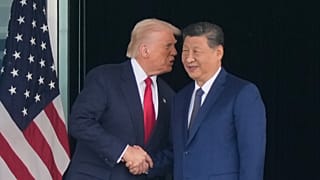
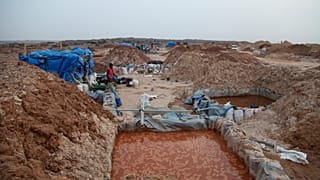


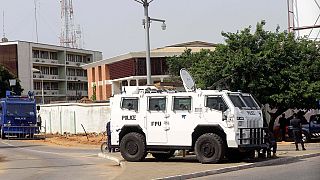

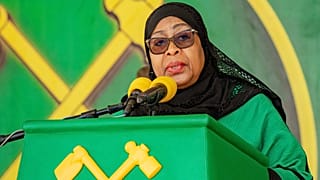
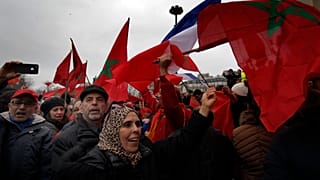
11:06
Moonshot 2025: Can Africa's Startups Challenge Global Tech Giants?{Business Africa}
01:46
Gaza: Cash crisis persists despite bank reopening
Go to video
IMF warns of rising debt risks in Sub-Saharan Africa
01:09
China's Xi Jinping and Ghana's John Dramani Mahama pledge further bilateral relations
11:03
Gen Z Uprisings at Risk: Cyber Threats Exposed [Business Africa]
11:04
Congo pushes back against U.S. pressure on critical minerals {Business Africa}